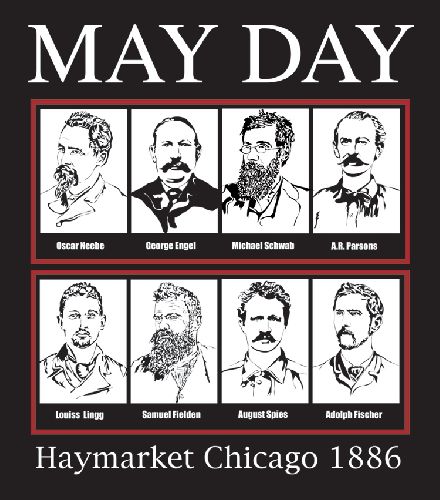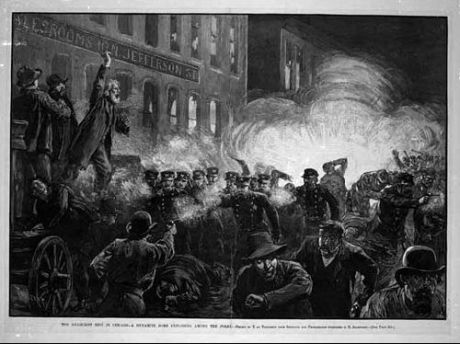
Not structurally - it's the usual two-song, half-hour deal, the songs beginning with several minutes of instrumental solo trades before the socially conscious lyrics enter. The song "Upside Down" itself, however, is sung not by Kuti but by Sandra Akanke Isidore. She was a woman that he
met during his stay in the United States at the end of the 1960s, and who is credited with helping to elevate his own social awareness and ethnic identity. It's basically like hearing a track by this artist with a different vocalist, then. Although Isidore's pipes aren't as strong as Kuti's, it makes for something refreshingly different in the midst of all those similar two-song releases from the mid-'70s.
The other track, "Go Slow," is a little jazzier, and puts less emphasis on lyrics than most Kuti tracks, with the singing largely limited to chants that punctuate the instrumental arrangement.
Fela Kuti - Upside Down (1976)
(192 kbps, cover art included)

















